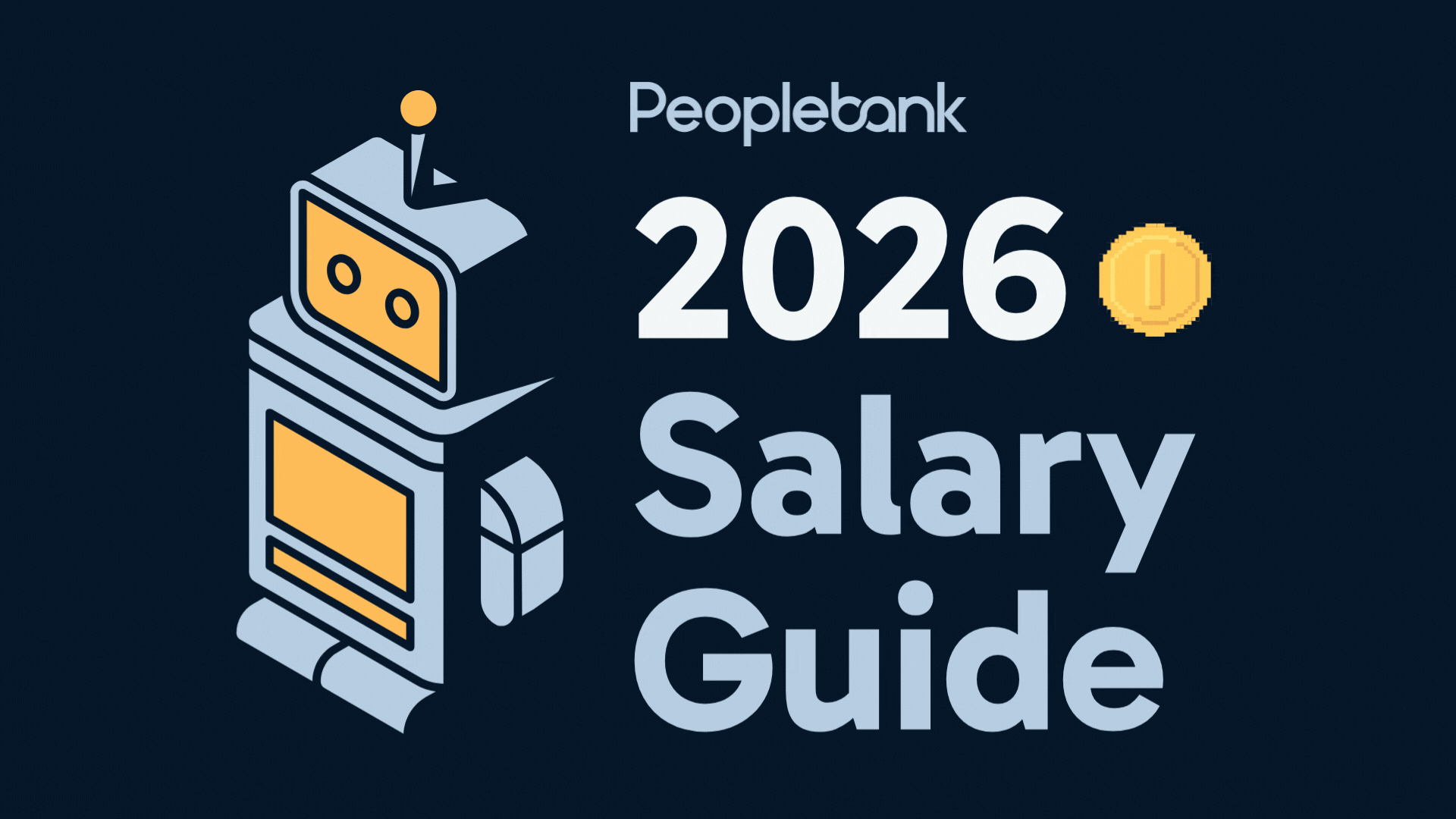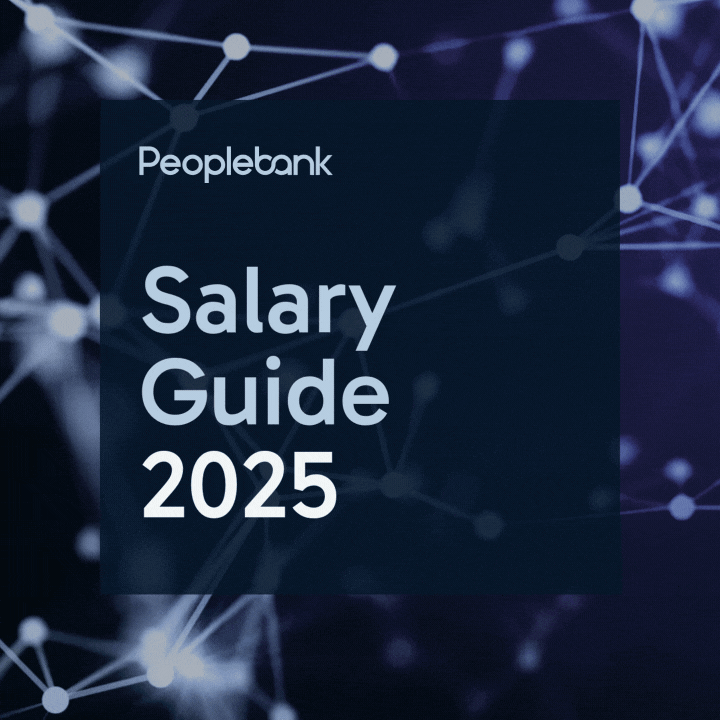10 Valuable Tips to be the Best Recruitment Consultant
What does it mean to be the best recruitment consultant? It’s not about personal gains, it’s about providing the best service possible to both candidates and clients. When you give the best service, naturally you will receive the rewards you have earned. I’ve come up with 10 valuable tips that will guarantee you can be the best consultant for your clients and your candidates.
Build trust
Build trust by being genuine and having a good rapport with your clients. Don’t ever talk to someone with the singular goal to ‘make a deal’. Your goals should be based on discovering the client's needs and wants as well as getting a feel for their company culture and leadership team so that you can find the right candidate to suit. This is the same for candidates, determine what they value in a job and company and go from there. Plus, if you build a great rapport with a candidate and get a feel for their personality as well as their skills and experience, it is likely that candidate will be placed. Not only would it assist in your judgement of where to place them, but it also means you could back up your pitch to a client with authentic confidence in the candidate.

Be real, not robotic
This seems straightforward and obvious. But when making many calls in a short space of time, we can sometimes begin to repeat ourselves and become boring or robotic. If you’ve followed tip #1 you can easily use the rapport and relationship you have built with either candidate or client to keep the conversation unique and tailored to the specific organisation or person.
Coach candidates
Everyone interviews candidates but not everyone goes that extra bit further to coach their candidates. This isn’t the type of coaching that manipulates the interview process, but rather hears the concerns of the candidate and works on those issues to help them be ready and confident. As consultants, we don’t want to waste anyone’s time. A coaching session could improve these concerns (whether they are CV, interview or skill related) and make the candidate easier to place.

Be consistent
This should speak for itself. Consistency is key. If you do what you say you will do when you say you will do it consistently, you will create a reliable reputation. Basically, always follow through with your word.
Find candidates who aren’t actively looking
This is somewhat of a controversial tip. Some say that passive candidates (rather than active ones) aren’t always necessarily the right ones – this is potentially because of the belief that active candidates will be more motivated to work. Though given the right recruitment processes, whether candidates are passive or active, motivational levels can easily be determined before placement. Now, 89% of companies use social media as part of their recruitment plan because 75% of hires aren’t actively searching. You can find more candidates at a cheaper cost and then use your skill and strategies to find the best candidate for the role at hand.

Follow candidate acquisition trends
Social media recruitment hasn’t always been as popular as it is now. And maybe in the future, it’s popularity will decrease (not that I can see that happening). Either way, it’s always wise as a consultant to be updated with the current acquisition trends. You need to know where the candidates are, and you need to follow them, otherwise, you’ll just be waiting around for people to come to you and that’s not what recruitment is all about.
Networking is vital
Networking works for you and everyone you work with because it motivates you to do a good job. When you know someone will pass on their experience with you, you want it to be a good one! If you are referred by a candidate or client to someone else, then you know you are on the right path. Plus, the more people you know the more resources you have.

Self-awareness/improvement
Even if the feedback is good, it’s a must, not just in recruiting but in any job to take a look at your job from an outside perspective and look at what you can be doing better. Aim for continuous improvement.
Write accurate job ads
To benefit your clients and candidates, make sure the job ads are accurate and inclusive. Use language that is diverse and inviting. Make sure not to mention anything that’s not absolutely necessary. You don’t want to deter any potential candidates or lessen the number of options for your clients. Make them interesting. It’s a must to include the role and responsibilities but try to get a sense of what a day at work will be like for a candidate, and what the company culture is like (even when you can’t mention the company name itself). This will assist in finding the ‘right’ candidates.

Don’t just work hard, be strategic
It’s all well and good to place 10 calls in 2 hours, but it’s not the only thing that will make you successful. Research and be informed! This won’t only help you strategise your plan of action but it’s helpful for your candidates and clients to know they can come to you for expert advice and information as well as a service.






















